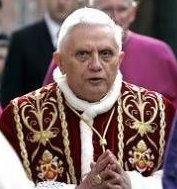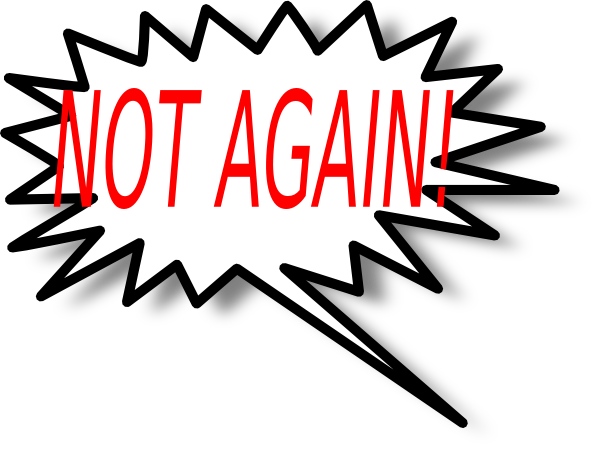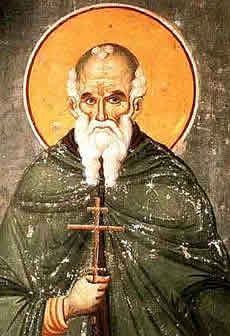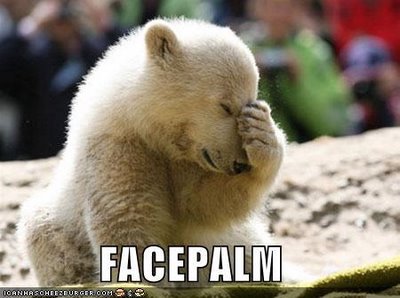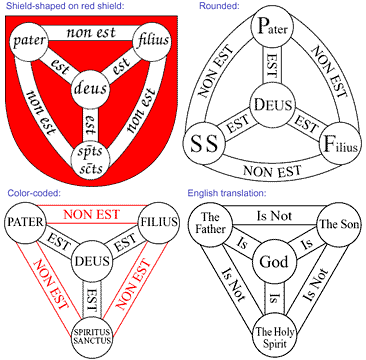Plato: proto-trinitarian, or the Father of Arianism?
Back in 1983, the excellent scholar of early modern philosophy Sarah Hutton published an interesting little piece called “The Neoplatonic Roots of Arianism: Ralph Cudworth and Theophilus Gale” (in Lech Szczucki, ed. Socinianism and its Role in the Culture of the XVI-th to XVIII-th Centuries (Warsaw: Polish Academy of Sciences, 139-45). Professor Hutton informs me that it will be coming out in a collection of papers on the Cambridge Platonists. I’ll just very crudely summarize the piece, and make my point about it.

Read More »Plato: proto-trinitarian, or the Father of Arianism?
